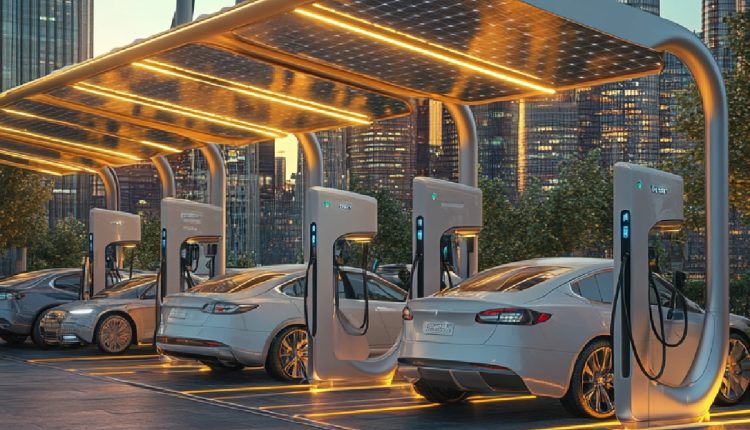Amp Up Without the Anxiety: How Battery Subscriptions Are Supercharging the EV Revolution
by Aditya Kandasamy, Engineering Student & Automobile Enthusiast
Battery as a Service (BaaS) isn’t just about battery swapping stations for scooters and taxis. In the car segment, it’s emerging as a practical and innovative solution even when battery swapping is NOT available—offering flexibility, lower ownership costs, and peace of mind for everyday car owners.
In this model, car buyers purchase an electric vehicle without the battery, dramatically reducing the upfront price—often by 30–40%. Instead, the battery is provided by the automaker or a partner via a subscription or rental agreement, typically billed monthly or per kilometer driven. These BaaS programs for cars are designed to overcome two of the top worries for EV buyers: the high battery cost at purchase, and the risk/expense of eventual battery replacement.
Here’s how BaaS works for cars without battery swapping:
The battery is fixed in the vehicle—you don’t swap it out at a station.
You pay a regular subscription or rental fee for battery “use,” often with tiered plans (fixed monthly fee, pay per km, etc.).
Subscription includes maintenance, replacement for degradation, and often recycling at end-of-life.
Some providers (like MG Motors) may even waive public charging costs for the first year as part of the package.
What does this mean in real life? Take MG Motors’ BaaS example: you might pay ₹3.5 per km for a certain minimum distance per month, plus home charging costs if you charge at home, but you never have to worry about the long-term health or replacement cost of your battery. For the consumer, this shifts EV ownership from a big one-time expense to a manageable, predictable outlay that’s easier to budget.
Key Benefits of BaaS for Cars Without Swapping:
Lower upfront and predictable ongoing costs—removes a significant financial barrier to EV adoption.
No battery health anxiety—repairs, maintenance, and eventual replacement are the provider’s problem, not yours.
Flexible exit options—some plans let you buy out the battery at a depreciated value, or adjust your subscription as your needs change.
Supports used car market—since the battery is always maintained and under subscription, resale value for the car can be higher and more transparent.
Unlike swapping-based BaaS for fleets and two-wheelers, fixed-battery BaaS is tailored for private cars, individual owners, and regions without widespread swap infrastructure. The idea is to democratize electric mobility—making it just as easy to own and operate an EV as a petrol or diesel car, without the financial and technological stress of “battery anxiety”.


Comments are closed.